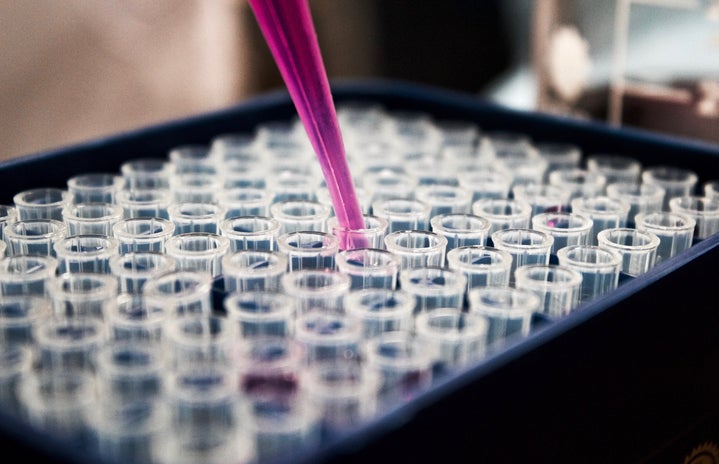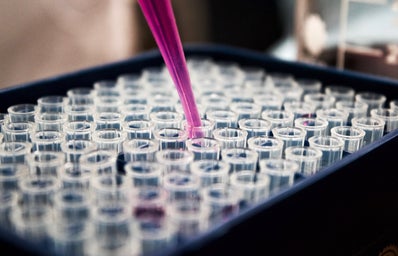Henrietta Lacks was born on August 1, 1920, in Roanoke, Virginia. At the time, nobody knew that her death would end up forever changing the landscape of modern medicine and our understanding of cancer cells. This is her story.
Henrietta Lacks gave birth to her first child when she was only 14 years old in 1935. Throughout the next fifteen years, Lacks had another four children with her husband, David. In 1951, Lacks arrived at The Johns Hopkins Hospital in Baltimore, Maryland to find out the cause of abnormal vaginal bleeding that had started. Henrietta Lacks was an African-American woman, and The Johns Hopkins Hospital was one of the only hospitals to treat Black patients at the time when racial segregation was prevalent. Lacks was examined by medical personnel, and a large cancerous cervical tumor was found. Upon receiving this diagnosis, she began radium treatments in hopes of defeating the tumor.
During treatment, a sample of her cervical tissue was collected and sent to a lab where a researcher had been collecting samples from all women who came to The Johns Hopkins Hospital with cervical cancer in order to study them. It is at this point that something completely out of the ordinary was discovered by the doctor. All of the other cancerous cells in the tissue samples that had been collected from other women died off within a short period of time in the lab. Henrietta’s cells were a different story. To his amazement, the doctor analyzing the samples realized that Henrietta’s cells would double every 20 to 24 hours. Instead of dying off normally, her cells grew.
Unfortunately, despite medical efforts, Henrietta Lacks passed away on October 4, 1951, at the young age of 31. The sample of her cells was named “HeLa” cells after the first two letters of both her first and last name. Her HeLa cells have had a profound impact on modern medicine and how cancer research is conducted. Her cells have allowed for the testing of various drugs and hormones on cancer cells. They have expanded the research landscape because human subjects are no longer needed as they were in the past. In the past couple of years, HeLa cells were of vast importance in the development of the Covid-19 vaccine. A link will be attached detailing many other medical breakthroughs made possible by HeLa cells.
Although her cells have resulted in more opportunities for ethical research to be conducted, a major ethical violation occurred during the diagnosis and treatment of Henrietta’s cancer. She did not give consent for tissues to be collected and given to the researcher that discovered the unusual nature of her cells. Lacks’s family has had to fight over the years for the privatization of her medical records. The major pushes for racial justice over the past couple of years have ignited new perspectives over the use of HeLa cells and if continued research should be permitted at all given its deceitful roots. However, her descendants wish for her cells to continue to advance the medical community, despite the unethical method in which they were collected. The Lacks family wants people to know that Lacks was an African American woman who loved her family and had her own story-she was not just her cells that we have today. She was a person, and that is of utmost importance to remember.
HeLa cells have made unimaginable accomplishments in medicine a reality, but we cannot forget about the woman that was comprised of those cells, and we cannot let the unethical medical practices that impacted Henrietta Lacks occur ever again. We have to do better, and in the process, we need to thank the Lacks family for the sacrifices they have made to allow us to work with Henrietta’s priceless cells.
Here are some of the breakthroughs that HeLa cells have made possible: https://osp.od.nih.gov/scientific-sharing/hela-cells-timeline/
References for all additional information in the article:


